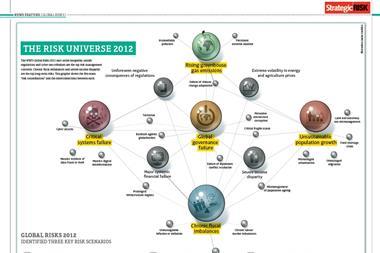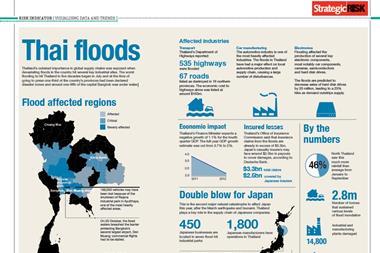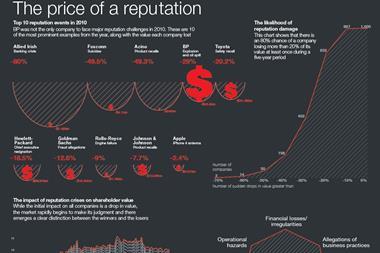Millions of emails stolen by hackers from intelligence firm Stratfor are being made public by WikiLeaks. Have you ever wondered how a typical hack works? This is illustrated in SR’s infographic
Open publication - Free publishing - More cyber
Proving that even intelligence experts aren’t immune to being attacked by hackers, five million emails belonging to US-based Stratfor, a private intelligence company with ties to the CIA, were obtained by the hacker group Anonymous and released by WikiLeaks, the whistle-blowing website.
Anonymous said in early 2012 it had stolen the email correspondence of some 100 of Stratfor’s employees and was planning to publish the data so the public would know the “truth” about Stratfor operations.
WikiLeaks began publishing the hacked emails on 27 February. The emails could unmask Stratfor’s network of secret sources and shed some light on the company’s vague description of itself as a publisher with an “intelligence-based approach to gathering information”.
Low-quality data
The most striking revelation from the disclosure, according to the Guardian, a left leaning British newspaper, is the extremely low quality of the information Stratfor makes available. Commenting on the way Stratfor analysts worked in the Middle East, daily Arabic language newspaper Al-Akbar’s Beirut, Lebanon-based associate editor Jamal Ghosn told the Guardian: “They used Google to translate to read Al-Akbar news articles. This is a guaranteed way for good intelligence to be lost in translation.”
Responding to the leak, Stratfor founder and chief executive officer George Friedman called the hack a “deplorable, unfortunate - and illegal - breach of privacy”. In an online video posted shortly a er the news broke, he said: “Some of the emails may be forged or altered to include inaccuracies. Some may be authentic. We will not validate either, nor will we explain the thinking that went into them. Having had our property stolen, we will not be victimised twice by submitting to questions about them.”
Stratfor stressed that its systems had been rebuilt and made secure since December, when the emails are believed to have been stolen.
WikiLeaks founder The company said: “For subscribers and friends of Stratfor, we stress that the disclosure of these emails does not mean that there has been another hack of Stratfor’s computer and data systems. Stratfor’s data systems, which we have worked hard to rebuild since the December hack, remain secure and protected.”
In an interview with Reuters, WikiLeaks founder Julian Assange said of Stratfor: “Here we have a private intelligence fi rm, relying on informants from the US government, foreign intelligence agencies with questionable reputations and journalists.”
Assange said that the emails reveal that Stratfor has recruited a “global network of informants who are paid via Swiss banks accounts and pre-paid credit cards - which includes government employees, embassy staff and journalists around the world”. This, he said, “is corrupt or corrupting because Stratfor is a private intelligence organisation that services governments and private clients.”













No comments yet